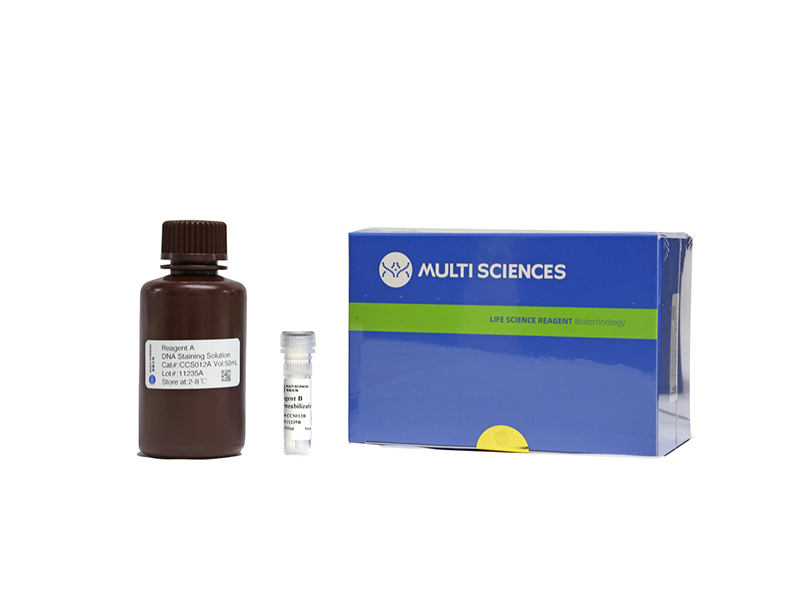BACKGROUND: Abdominal obesity is considered a major factor in the development of metabolic disorders. Glucagon-like peptide-1 (GLP-1) has been reported to have positive effects on improving body metabolism and to reducing insulin resistance. However, it remains less clear whether GLP-1 plays a role in the adipogenesis process of visceral fat. METHODS: Here, we analyzed the in vitro actions and probable mechanisms of Exendin-4, a GLP-1 receptor agonist, on human adipose-derived stromal cells (hADSCs) isolated from omentum. RESULTS: Our results demonstrated that Exendin-4 improved cell viability via promoting proliferation and inhibiting apoptosis in hADSCs isolated from omentum. Mechanistically, the activation of MAPK/ ERK1/2, Akt/GSK-3β, and PKA/CREB pathways and downstream consequences induced are involved in the proliferative and anti-apoptotic roles of Exendin-4. More intriguingly, Exendin-4 could promote the differentiation of omental hADSCs. Underlying mechanisms of the differentiation of hADSCs are associated with the upregulation of the expression of pro-adipogenic genes and downregulation of the expression of anti-adipogenic genes. CONCLUSION: Our data demonstrate that Exendin-4 modifies adipogenesis of hADSCs isolated from omentum through multiple mechanisms, these effects could contribute to the protective actions of GLP-1 receptor agonist body metabolism and insulin sensitivity.
文章引用产品
-
-
- CCS012 1190 Citations
- 周期试剂盒
Cell Cycle Staining Kit 细胞周期检测试剂盒
-
¥390.00
-
- CCS012 1190 Citations
- 周期试剂盒
Cell Cycle Staining Kit 细胞周期检测试剂盒
- ¥390.00



